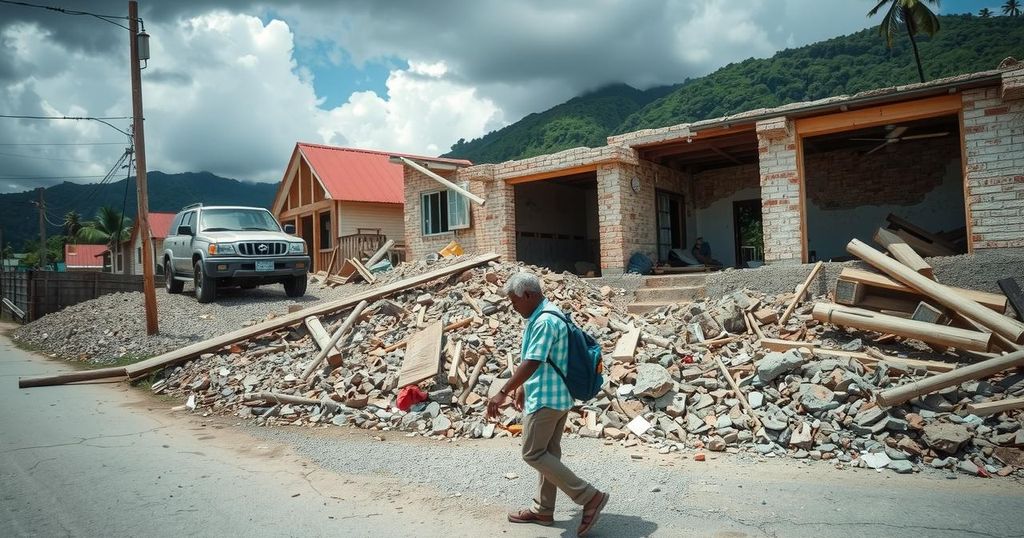Historical Events of January 12: From Political Milestones to Natural Disasters

January 12 has witnessed numerous historical milestones, including Andrew Carnegie’s testimony in 1912, the establishment of the League of Nations in 1919, Hattie Caraway’s Senate election in 1932, and the catastrophic Haiti earthquake in 2010 that killed over 100,000 people and sparked a cholera outbreak.
On January 12, significant events have transpired in history, underscoring the weight of political, social, and natural phenomena over time. In 1912, Andrew Carnegie aligned himself with the anti-trust perspective of Theodore Roosevelt during his testimony before the Stanley Committee. The following year, U.S. President Woodrow Wilson and European leaders convened in Paris, initiating discussions that would culminate in the League of Nations, a hallmark of international cooperation post-World War I.
Fast forward to 1932, Hattie Caraway made history as the first woman elected to a full term as a senator from the United States. During World War II in 1943, the U.S. Office of Price Administration introduced “Victory Sausages” due to meat shortages. In 1986, U.S. Congressman Bill Nelson and astronaut Franklin Chang-Diaz made history in space travel. Later, in 1994, President Bill Clinton prompted an independent investigation into the Whitewater land deal.
A tragic event occurred in 2006, when a stampede during a pilgrimage in Saudi Arabia resulted in approximately 350 fatalities. However, the most devastating incident recorded on this date was in 2010, when a magnitude-7 earthquake struck Haiti, resulting in the deaths of at least 100,000 individuals and leading to a protracted cholera outbreak that claimed thousands more lives. Most recently in 2024, the United States and its allies retaliated against Houthi attacks in the Red Sea, highlighting ongoing geopolitical tensions today.
This article chronicles notable historical occurrences that have taken place on January 12 across various years. From significant political alignments and groundbreaking achievements by women in government, to devastating natural disasters, each entry reflects the impact of these events on a global scale. The memory of the 2010 Haiti earthquake serves as a poignant reminder of the vulnerability of nations to natural calamities and the ensuing humanitarian crises. The article also underscores the continuity of international relations and military engagements into the modern age.
In summary, January 12 is marked by a series of pivotal events that have shaped history. From advancements in political rights and international diplomacy to natural disasters that draw attention to humanitarian needs, the day’s significance is profound. The catastrophic earthquake in Haiti remains a tragic milestone that highlights the fragility of life and infrastructure in disaster-prone regions. Additionally, ongoing military actions like those of the United States against Houthi forces reflect the persistent volatility in international relations.
Original Source: www.upi.com







